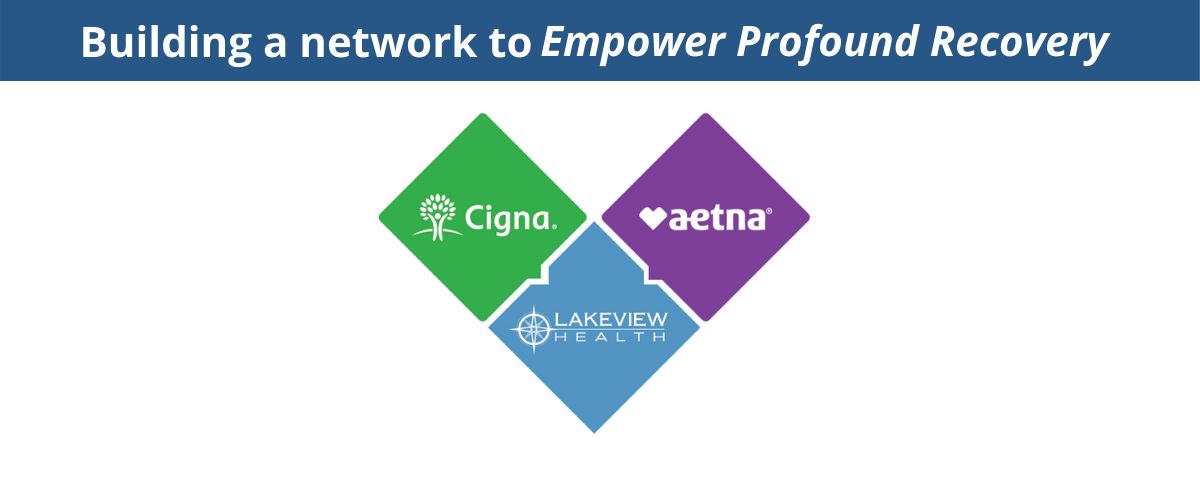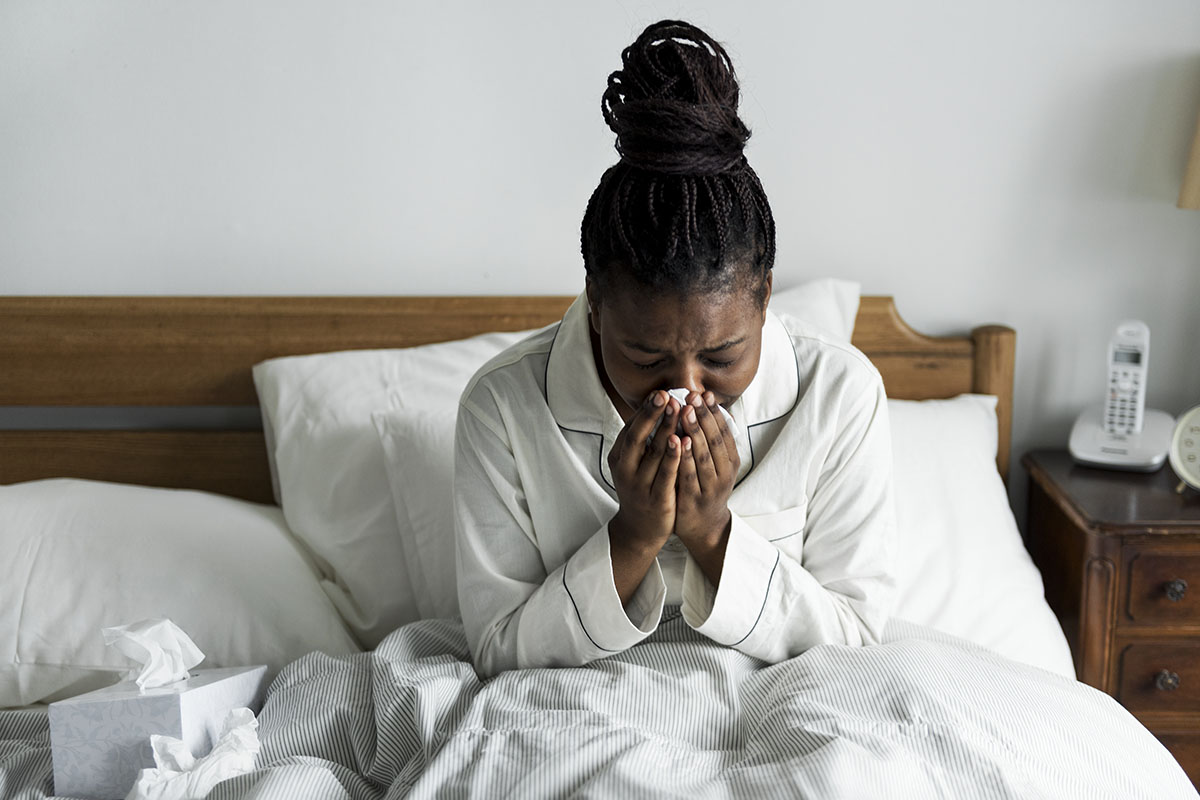Our Response: A Seven-Step Plan for Ending the Opioid Crisis
In a recently published article, “A Seven-Step Plan for Ending the Opioid Crisis,” Michael Bloomberg strongly called upon Congress to take serious action in combating the opioid crisis in America. “The opioid crisis is a solvable problem. But to save lives, we need bolder leadership and a greater sense of urgency from both elected officials and industry leaders,” says Bloomberg, entrepreneur and former three-time Mayor of New York City. The facts clearly support this. More than 64,000 Americans died from drug overdoses in 2016, including illicit drugs and prescription opioids—nearly doubling in a decade. In 2017, the number of deaths is likely to set a new record. This crisis has cost nearly $80 billion in lost productivity, treatment (including emergency, medical, psychiatric, and addiction-specific care), and criminal justice involvement. As a nationally accredited addiction treatment center, we at Lakeview Health support the demand for more action and Bloomberg’s seven-step plan:
- We must stop doctors from over-prescribing opioids.
- Insurers and pharmacy benefit managers must better oversee opioid prescriptions.
- We must hold pharmaceutical companies accountable for the supply of prescription opioids.
- We must start treating those with addiction disorders when they come in contact with emergency rooms, hospitals, and clinics.
- We must stop stigmatizing the medications that have been proven to help people recover.
- We must develop better data.
- We must do more to block the importation of heroin– and of fentanyl.
In addition, we also believe that stronger government involvement is just the start. Addiction treatment is not one-size fits all and should be tailored to the unique needs of the patient and address a whole person approach – mind, body, spirit, and emotions.
“There are no short-term solutions to this problem. Access to high-quality care for those with the disease, as well as curbing the supply of new opioids should, over time, reduce the burden of disease.”
– Lakeview Heath Medical Director, Ellen Ovson, M.D., F.A.S.A.M.
More than 50% of patients with opioid use disorder have histories of major depressive disorder, which, when untreated, may further drive suicidal thoughts and behavior. Since trauma or mood disorders are often the real reason for the substance use, these conditions need to be addressed in therapy and also vary widely by gender. Patients with mental health disorders who use and become addicted to drugs, develop a quite different, dual disease. Dual-diagnosis treatment programs, which address the whole self of the patient ensures a sustained recovery from addiction and can help patients lead a completely healthy life. “Patients with opioid use disorder deserve treatment for this biopsychosocial and spiritual disease. Opioid maintenance medications may certainly save lives when prescribed by a qualified Addiction Medicine provider, as long as the patient also addresses the psychological, social, and spiritual elements,” says Dr. Ovson. America has suffered from the opioid crisis for years – with the toll rising on individuals, families, and communities. As a society, we cannot allow our focus to be distracted and should use the spotlighting of the crisis to kick start and continue real, lasting healthy changes and solutions. Lakeview Health was founded in 2001 in Jacksonville, Florida. As a growing addiction treatment center with locations in Florida and Texas, we strive to treat the whole patient – mind, body, and spirit – using a multidisciplinary, integrative medical model that combines physiological, psychological, and psychosocial care.




